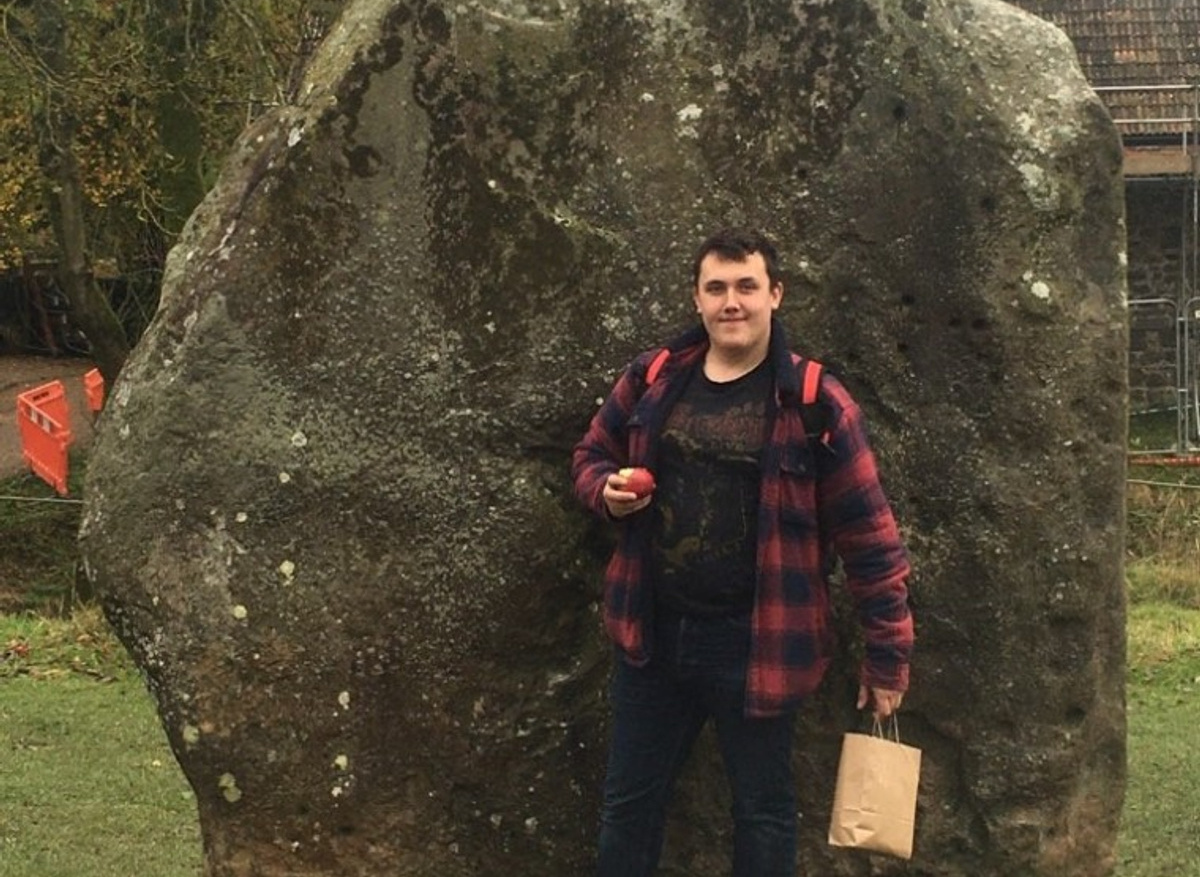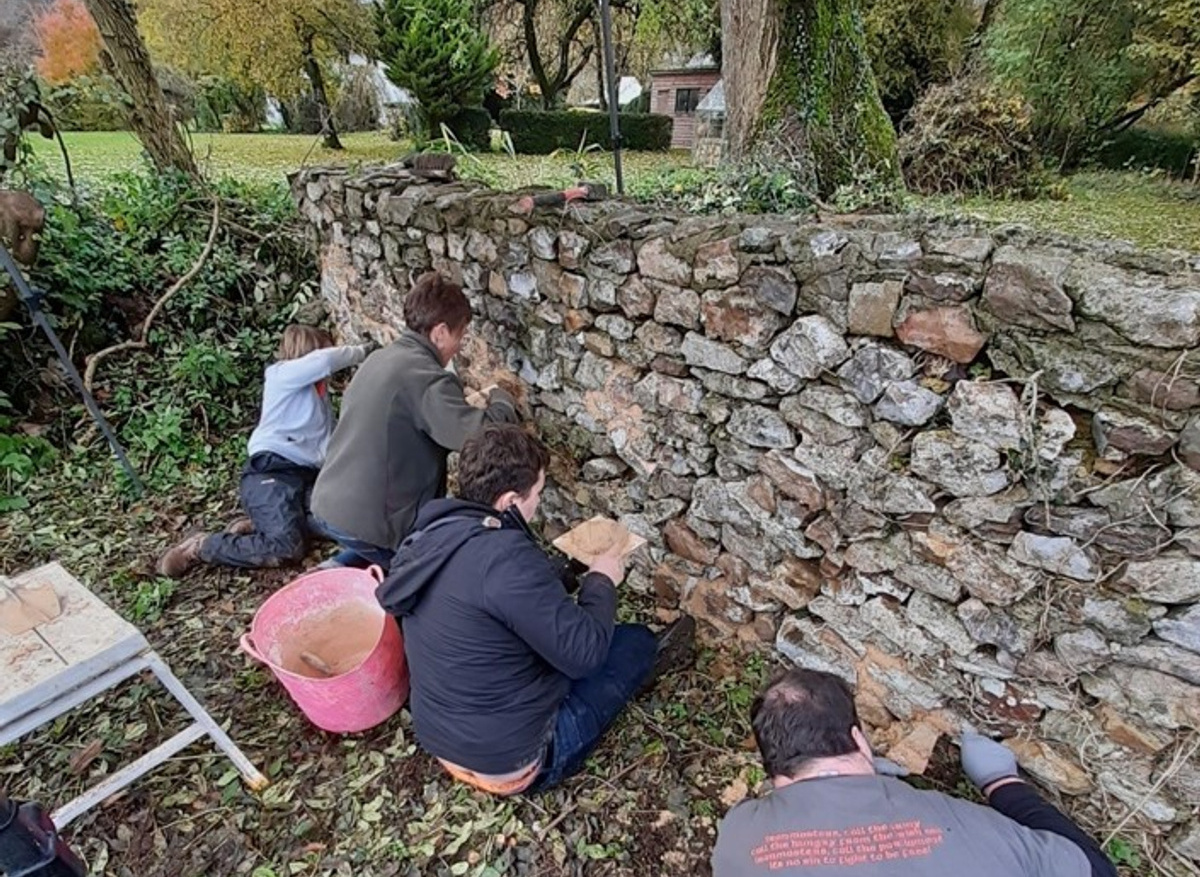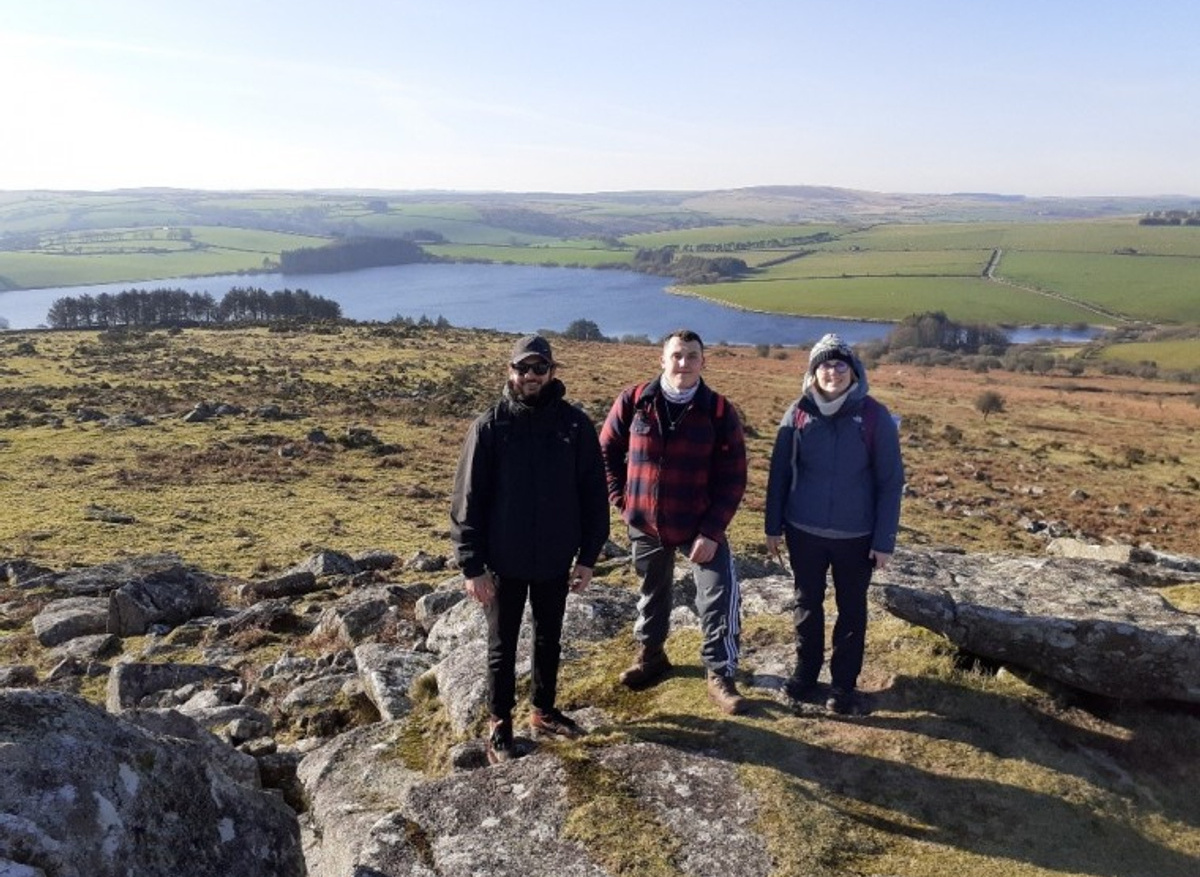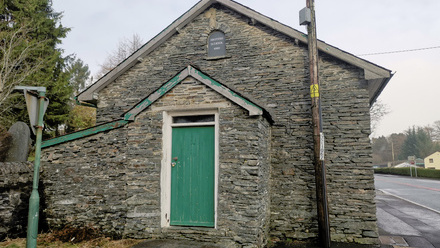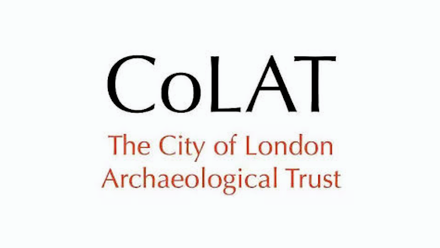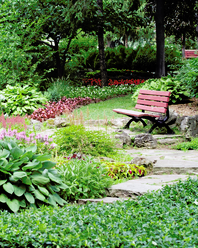My name is Thomas Hills, I am one of the first Historic Environment Advice Assistant (HEAA) Apprentices. I work for Historic England and my role is generously funded by Allchurches Trust. I want to share my experiences to promote heritage apprenticeships, particularly the HEAA programme, to other young people and employers who might be considering hiring an apprentice. I’m currently 11 months into the 27 month apprenticeship and so far no one day has been the same.
My Historic Environment Advice Assistant Apprenticeship is part of an innovative programme, pioneered by Historic England and Strode College. My post is funded by the Allchurches Trust who generously provided the financial resources for this apprenticeship programme to be initiated. The programme aims to develop individuals’ skills and knowledge within the Heritage Sector starting with the wide scope of roles that Historic England undertakes.
I initially studied Ancient and Medieval History at Lampeter University, Trinity of St David, in Wales. Leaving university was a big shock because I hadn’t understood how difficult it would be to get into the heritage sector as a career. Before coming to Historic England I was doing a handful of small volunteer projects for my local museum and volunteered at a local archaeological dig. However the jobs I was working on consisted of switching between the retail industry and the catering industry, which were not fulfilling for me. When I saw the Historic Environment Advice Apprenticeship advertised, I immediately applied. I thought to myself “this is my shot”! When Historic England accepted me it was like a wave of excitement and relief.
I firmly believe that this type of apprenticeship would benefit so many more young people who are the future of the heritage sector. It is Historic England’s hope that in rolling out this Apprenticeship that more organisations in the sector will take on apprentices, and that the HEAA programme in particular will continue in successive years. Already, two Local Authorities have joined Historic England in employing Historic Environment Advice Assistant apprentices: the Yorkshire Dales National Park Authority, and the Lincolnshire County Council Authority. This highlights how much momentum the apprenticeship is building and offers a valuable insight into how ready the heritage sector is to embrace more young people into its workforce.
There is an astonishing variety of areas that Historic England encourages the HEAA Apprentices to take part in. Over our two year programme we are being introduced to, among other things, archaeology, heritage at risk, development advice and even aerial photography. I would highly recommend to any young people seeking a career in heritage to consider an apprenticeship with Historic England.
We apprentices have formed a tight knit group and have regular study groups together. We have been having weekly quizzes throughout lockdown to keep one-another company. We learn from one another and this highlights how much value the apprenticeship is building for us with peer support. The support received by all involved in the programme offers a valuable insight into how ready the heritage sector is to embrace more young people. There is a wealth of knowledge within Historic England which I was stunned by when I first joined. I’ve enjoyed learning from senior experts within Historic England. Their passion and expertise is incredible and it is so valuable to have that knowledge passed on to me and others who are early on in their careers. The atmosphere and community within Historic England is very supportive. Furthering knowledge and understanding of the heritage sector is championed by all within Historic England.
During the course of this apprenticeship I have been involved with a variety of Archaeological and Heritage at Risk projects. These site visits have been fascinating and has further expanded my passion for the protection of the Historic Environment.
One of my favourite site visits was when I went to Stow’s Pound on Bodmin in Cornwall. This was a site visit that involved assessing the archaeology of the site. The Pound was a medieval livestock pen, however through the area there were bronze-iron Age round barrows, and a Neolithic stone circle. The focus of this visit was to check for illegal damage to the archaeological record. The main threat was from illegal metal detecting and stone stacking which was where tourists visiting Stowe’s Pound would take rocks from the monument and stack them in a pillar shape. This would damage the archaeological evidence because it exposed submerged remains to the surface. Stone stacking is perhaps more of a misunderstanding than a deliberate attempt to disturb the buried archaeology of the area.
Another exciting trip was the day out to Dunkeswell Abbey where Historic England was taking part and funding the restoration of a Medieval Cistercian Abbey (thought to be the burial site of the Sheriff of Nottingham). During this trip we were shown how to use lime mortar to repair parts of the old abbey walls, as well as how to render the walls so they keep the historic fabric of the Abbey. The site has a wealth of archaeological potential, lead window casing has been found on the sight from the stained glass windows.
The Historic Environment Advice Apprenticeship has led me to some extraordinary areas that have been truly fascinating. I believe that they have been very educational and fantastic experiences to get involved with. This is why I would advocate heritage apprenticeships, the range of opportunities available for young people is incredible, it is such a great way to gain valuable skills for those who want a career in Heritage.
This apprenticeship has been a vital lifeline for me in getting into the heritage sector: providing hands on experience in a heritage workplace alongside college based training to round out my development. This is why the Historic Environment Advice Apprenticeship is a fantastic gateway for young people like me, looking to make a career in the industry they are passionate about.
I wish to all that they find the Festival of Archaeology an exciting and engaging experience and I hope that there are more young and talented individuals who wish to bring their passion to the heritage sector.

